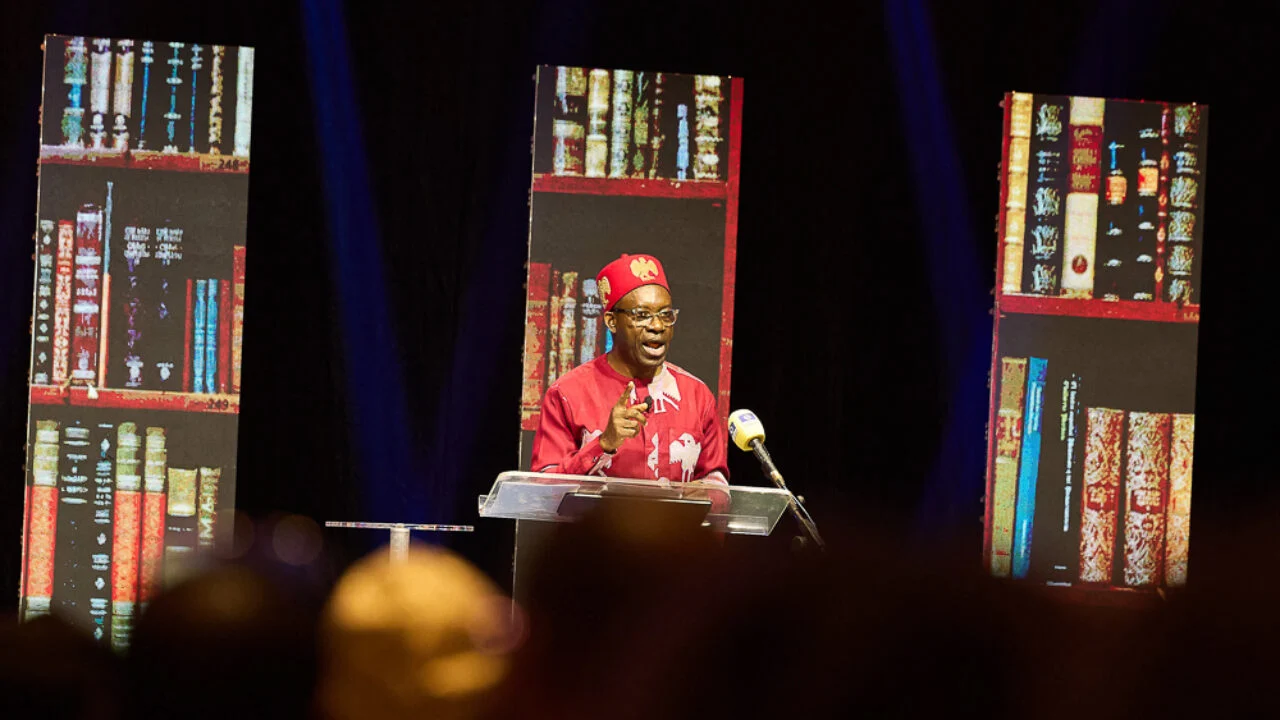Governor of Anambra State, Charles Soludo, says Nigeria has become impoverished due to the flamboyant lifestyles of government officials at the expense of the citizens’ shared wealth.
Soludo who spoke on Wednesday at the special edition of the Platform, an event organised by The Covenant Nation to facilitate national development, advised that elected officials should start earning minimum wage, stressing that Nigeria is broke.
The governor said these officials should be paid the minimum wage to experience what citizens are facing, adding that the system is in denial.
“Let’s come clean and straight with Nigerians. Nigeria is very poor and broke but the lifestyle of government and government officials does not show it, especially with the obscene flamboyance in public display,” Soludo said.
“The poor are hungry and impatient, let’s not annoy them more with our insensitivity.
“In this case, I agree with the reverend father Mbaka, who said elected governors should also earn minimum wage. I agree that we should be paid that so that we can feel that as well.
“In Anambra, I have not received a kobo as salary since I assumed office. I have donated my salary to the state.
“It is symbolic. It is not much. I think generally, the system is in denial. There must be some signaling, it is just the symbolism of this.”
READ ALSO: Best Governor on Infrastructural Dev: Award well deserving for Soludo
Soludo called for a new code of conduct for public officeholders to enhance fiscal prudence while performing the core duties for which they were elected.
“That is why I proposed reinventing the new code of conduct for public officers,” he said.
“For the federal government, the actual projected revenue comes to about N6,160 per Nigerian, per month.
“For the states, except Lagos and a few states, most states have revenues amounting to less than N3,000 per resident, per month.
“It is from these shares per citizen that we are expected to provide all the infrastructure, debt service, pay salaries and pensions, build schools and provide everything.
“For each of our wasteful spending, let’s be conscious about the fact how many citizens we are squandering. Once we lose this consciousness about the public trust we bear, the society dies irredeemably.”
Soludo also claimed that no one would receive up to N2,500 if Anambra’s monthly revenues were distributed to citizens individually.
He said he shares the pains of Nigerians in these difficult times, especially the over 100 million Nigerians who are multidimensionally poor.
“Sometimes, I just wish that I can give every resident of Anambra maybe a million naira each to ameliorate the hardship that we have, but the reality is that if we get our entire revenue in a month, both from FAAC and from our IGR and put it on the table, call all our estimated 8.5 million residents and share it, nobody will get up to N2,500,” he said.
The governor said the same limited funds, insufficient to provide N2,500 to each resident, will also cover salaries, pensions, road construction, and investments in health and education, among other expenses.
Speaking on how Nigeria’s economy has fared over the years, the Anambra governor said President Muhammadu Buhari’s administration illegally printed over N22 trillion and amassed public debt just to stay afloat while maintaining petrol, foreign exchange (FX), and electricity subsidies.
READ ALSO: Soludo distributes Laptops to teachers in public, mission schools
Soludo said Nigeria is now paying the very high cost of delayed fiscal and structural adjustments which have seen the economy tumble with ballooning inflation, depreciation in exchange rates, and a compressed gross domestic product (GDP) in dollar terms.
“Nigeria is paying the very high cost of delayed adjustment, with escalating inflation, unsustainable debt service payments, depreciating exchange rates, rising interest rates on poverty and unemployment, a largely insolvent public finance, and compressed GDP in dollar terms,” the governor said.
“As your prices rise and the exchange rate adjusts, you are exporting nothing, whereas you have foreign exchange.
“You have reserves of about N230 billion or thereabout, and you have money supply almost getting to N100 trillion.
“Our population is growing, while insecurity threatens food security.
“Today, the once largest economy in Africa is now the fourth, with a dollar GDP lower than in 2010 or less than 50 percent where we were in 2014.”
Speaking further on how poor the country has become, the economist said Nigeria’s N28.7 trillion ($20 billion) 2024 budget is relatively low considering the nation’s population when compared to Kenya’s 2024 budget.
“Nigeria’s 7% budget-to-GDP ratio in 2024 is one of the lowest in the world with a population of about 230 million people or $83 per person in a year, approximately $6.9 per Nigerian in a month compared to Kenya’s budget of about $31 billion for just 54 million people amounting to $574 per person in a year,” he said.
Soludo said since 2010, the combined debt and non-debt service recurrent expenditures of the federal government have consistently surpassed current revenue.

 Business1 week ago
Business1 week ago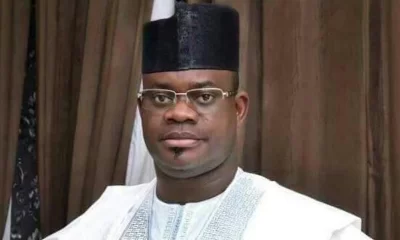
 Latest1 week ago
Latest1 week ago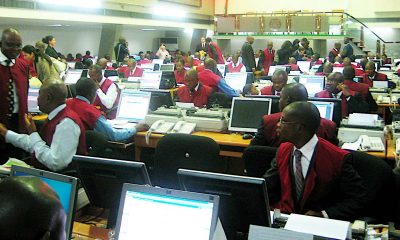
 Business1 week ago
Business1 week ago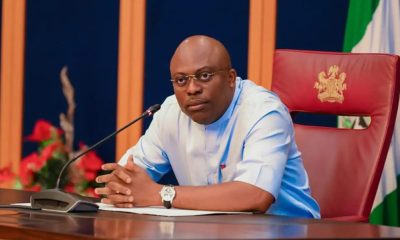
 Latest1 week ago
Latest1 week ago
 Latest1 week ago
Latest1 week ago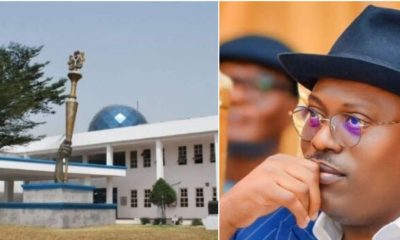
 Latest1 week ago
Latest1 week ago
 Health2 days ago
Health2 days ago
 Football1 week ago
Football1 week ago
